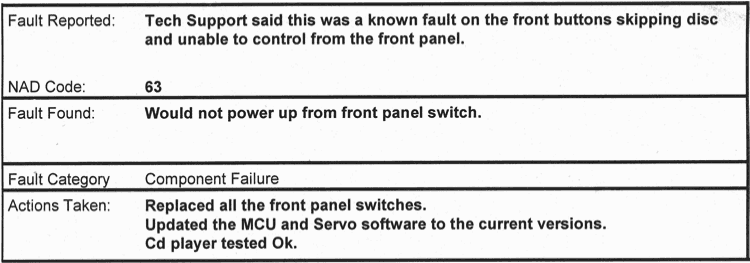2012 — 18 August: Saturday
Obviously1 some mornings get off to a later start than others. This is one such.
That's funny?
I keep an eye out for books about humour since its mechanics and purpose have fascinated me for many years. There's a new one out by three worthy chaps (including Daniel C Dennett, no less) called Inside Jokes: using humor to reverse-engineer the mind. And there's a good review of it in "Evolutionary Psychology" — I wonder what explanation the members of the "Intelligent Design" camp have to offer. Their Chief Bureaucrat certainly doesn't strike me as being over-burdened by levity.
Despite my (mild) irritation at not knowing two of the words used here2 in a single sentence...
The problem with seeing humor in interpersonal relationships as some kind of exaptation or spandrel is that it does not seem to fit the growing evidence suggesting that humor and laughter co-evolved as sex specific, sexually selected traits that contribute to individuals' mate value. Recent research shows that humor is a reliable indicator of intelligence rather than merely functioning to enhance perceived intelligence, and that men use humor to signal their mate quality while women are good evaluators of humor (Bressler, Martin, & Balshine, 2006; Wilbur & Campbell, 2011). Men purposely try to impress women with their high quality humor, and women who find this humor funny respond by laughing, and are more attracted to these men. Moreover, there is evidence that men's humor ability is slightly higher than women's, and a good sense of humor translates into mating success (e.g., no. of sex partners, early age of first intercourse; Greengross & Miller, 2011). These sex differences in ability, signaling and reception of humor and laughter are not likely to be just an evolutionary by-product, and probably underwent strong selection.
... I quite like the ideas propounded, though I'm not entirely convinced by the examples3 of "mating success" :-)
Robert Mankoff is, of course, the cartoon editor of the "New Yorker". I treated myself to the seriously large (and seriously heavy) "Complete cartoons of the New Yorker" in March 2005. I'd always browsed the magazine in earlier years in hopes of finding Charles Addams cartoons. It occurs to me that dissecting humour is a tricky business. The first (fictional) attempt I recall was Asimov's "Jokester", with its delicious twist. And I read that in 1964 in the excellent anthology "More Penguin SF". (Which does not stand for science fiction about, or by, penguins.)
Turns out Tim Minchin is just as adept at analysing humour.
My next task...
... though not until after my rather late lunch is munched, will be to nip out to collect the repaired NAD CD player which — to my delight — has been fixed under warranty despite it being three years old. I shall offer to pay the shipping costs. And then put my 'reading room' system back together.

No charge, not even shipping. Turns out they were fixing a known fault. I did, after all, buy the thing when it was very first released... Result!
Is it just me...
... or is it rather warm? 25.9C here in the living room, at 20:29 with (apparently) worse to come tomorrow. Blimey! Meanwhile, I've been having an inordinate amount of fun playing snippets from a large variety of CDs that have all been up in the loft for five years or more. Seeing the sleeve artwork is somehow a more effective reminder of the musical content than a mere list of the tracks. Interesting to see how my taste has changed, too, over a number of years.
Right now, I'm listening to "The Moon and the Melodies" from 26 years ago. Amazing. [Pause] Not as amazing as some "Yes" from 1970, however :-)